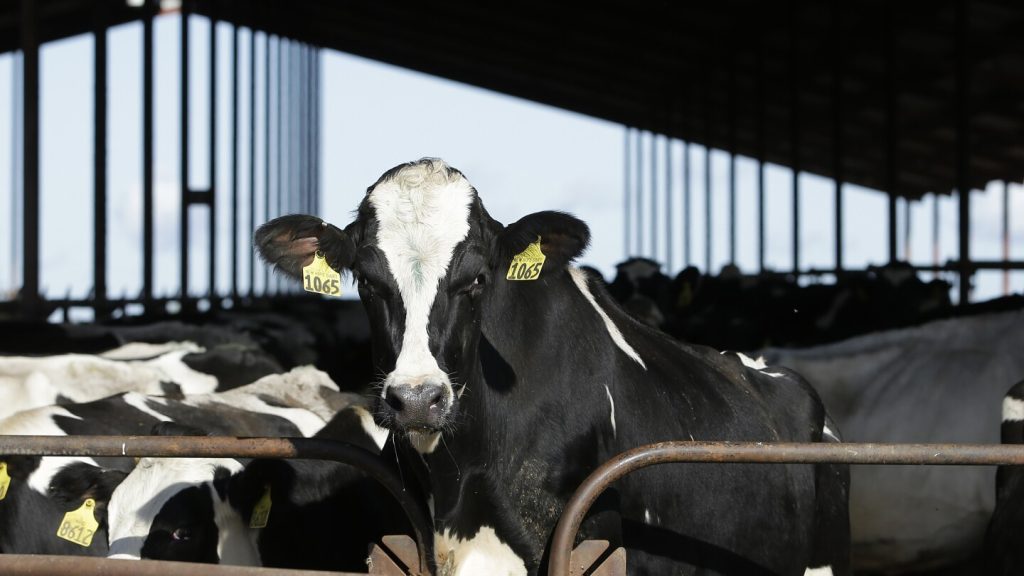The U.S. Food and Drug Administration has announced that samples of pasteurized milk have tested positive for remnants of the bird flu virus that has infected dairy cows. However, the agency assured consumers that the material is inactivated and does not pose a risk to consumers. The FDA stated that they have not found any evidence that the virus is infectious and that the commercial milk supply remains safe. The announcement comes after an avian influenza virus was detected in dairy cows in eight states, affecting 33 herds to date.
Experts explained that the PCR lab test used by the FDA can detect viral genetic material even after the live virus has been killed by pasteurization. However, there is no evidence to suggest that this viral genetic material is infectious. The FDA is continuing to investigate the issue and additional test results are expected in the coming days to weeks. Milk from affected cattle is not entering the commercial supply, as it is supposed to be diverted and destroyed according to federal regulations.
Federal regulations require milk entering interstate commerce to be pasteurized, and time and temperature regulations for pasteurization ensure the safety of the commercial U.S. milk supply. The FDA stated that while no studies on the effects of pasteurization on the bird flu virus have been completed, past research suggests that pasteurization is likely to inactivate heat-sensitive viruses like H5N1. Officials have noted that remnants of the virus found in the milk have no impact on human health, according to a spokesman for the International Dairy Foods Association.
Confirmation of the H5N1 virus in dairy cows came after reports of cows in Texas suffering from a mysterious illness, resulting in lethargy and reduced milk production. Although the H5N1 virus is lethal to commercial poultry, most infected cattle seem to recover within two weeks. Only two people in the U.S. have been infected with bird flu to date, with both individuals recovering from mild symptoms. A Texas dairy worker who was in close contact with an infected cow developed a mild eye infection, while a prison inmate participating in a work program at a Colorado poultry farm experienced fatigue as the only symptom.
The FDA and the USDA have been monitoring the situation closely, with officials stating that no milk from affected cattle has entered the commercial supply. The agencies are working to ensure the safety of the milk supply chain and are taking necessary precautions to prevent the spread of the virus. Consumers are advised to continue consuming commercial milk products with confidence, as the agencies are conducting further tests and investigations to ensure the safety of the milk supply.


